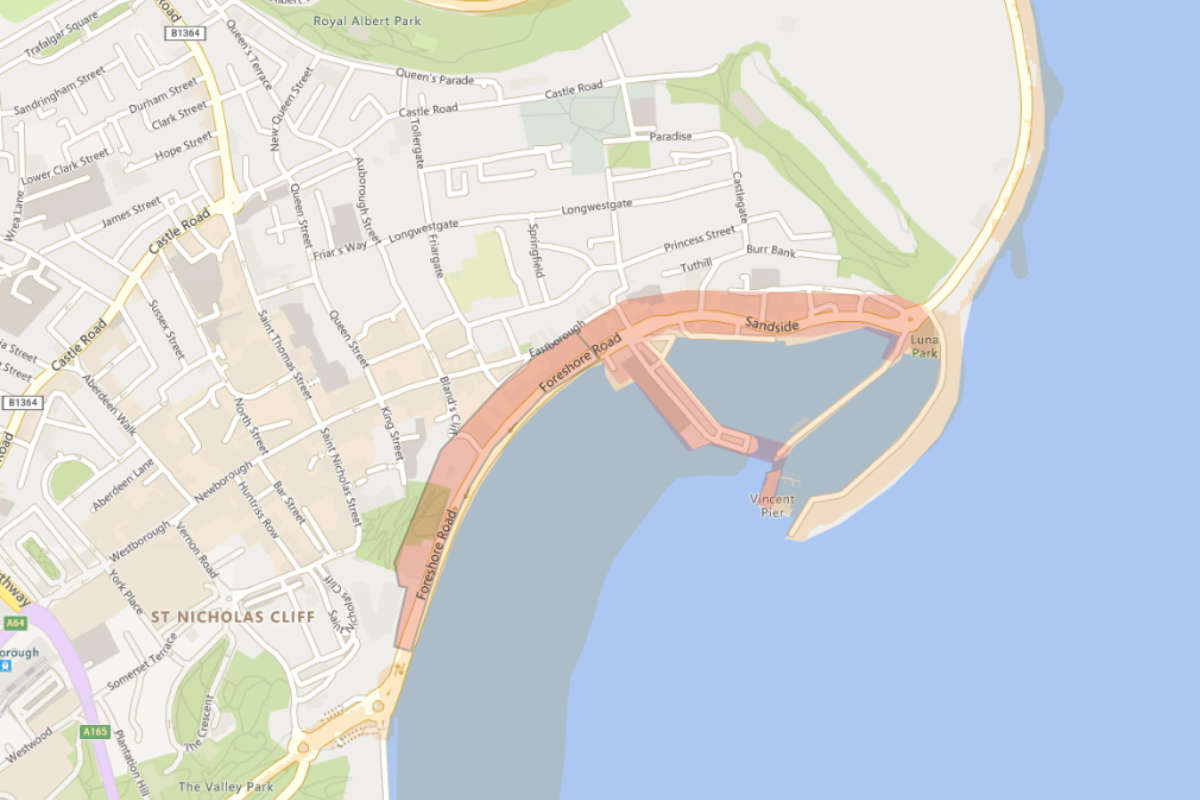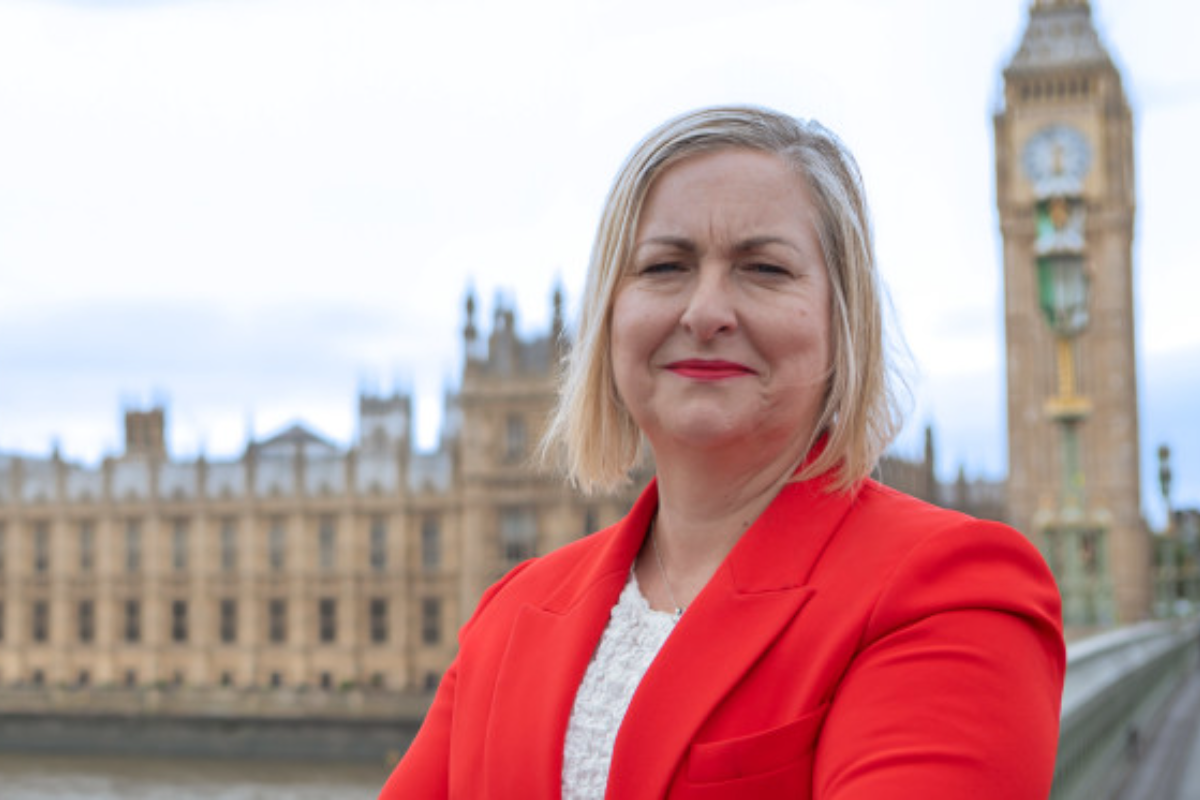
Health bosses say steps have been taken to address capacity issues with the provision of Haematology Services on the Yorkshire Coast.
The Haematology Service for patients across the Yorkshire Coast has undergone significant temporary changes since January, impacting how patients access specialist care in the region. The adjustments were bought in to maintain essential services amidst a persistent nationwide and regional shortage of consultant-level staff.
Historically, Scarborough maintained a separate haematology service, which later integrated with York Teaching Hospital in 2014, forming a unified hub and spoke system. However, the service has consistently faced challenges in achieving adequate consultant staffing levels.
A key factor driving the recent changes was the departure of a consultant in December 2024 and despite several recruitment drives, the service has been unable to fill two vacant consultant posts.
As part of the immediate changes in January 2025, the majority of consultant care was centralised to York Hospital to allow for greater flexibility and to sustain the increased on-call frequency. This means that consultant care on the Scarborough site has been reduced from three days per week to just one day per week. Furthermore, all first appointments are now delivered at York, with face-to-face consultations provided in Scarborough only for patients who are unable to travel across sites.
The centralisation of consultant care has notably affected patients on the Yorkshire Coast. The service anticipates a reduction in overall elective capacity by approximately 37%, with particular impact on the "east coast cohort of patients who are currently waiting for an appointment in the Scarborough clinics,"
Despite these significant adjustments, the service has actively sought to mitigate the impact on patients. The service has successfully recruited a locum consultant to provide an all-day clinic on a fortnightly basis in Scarborough. This measure has helped to reduce the number of "east coast patients having to travel to York for their face to face appointment,"
The locum’s presence has also allowed an increase in the number of patients seen in the weekly Scarborough substantive consultant clinic. Additionally, the service has increased the number of telephone appointments for east coast patients where clinically appropriate, further reducing the need for travel to York for face-to-face consultations.
Karen Priestman is Associate Chief Operating Officer at the York and Scarborough Hospital Trust, she says the longer term fix is to recruit more trainees.
"We do see trainees as the route to solving our issues.
In most of our specialities, we will look further afield to recruit. Haematology is quite unique in that we can't recruit from abroad because of the way the training is.
So for haematology in the UK they're trained to cover the laboratory side as well as the acute services and the elective side.
Abroad, they are trained separately. And that's problematic for us . So that's why haematology is a bit more of a unique challenge and why we need more haematology trainees coming through."
The service acknowledges that while the impact on east coast patients has been "somewhat mitigated" by consistent locum consultant cover, should this cover change, an increase in the number of east coast patients having to travel to York for their face-to-face appointments would be expected.
Karen Priestman says they are working on the issues and remain committed to providing the service in Scarborough.
"There's an absolute commitment from our haematology department to continue that service at Scarborough. We are very clear. We want to maintain services at the East Coast.
The challenge we have is the workforce and how we spread that as safely as possible to maintain at least a service at Scarborough whilst we work through trying to get to the bottom of the workforce issues that we've got."
The service continues its recruitment efforts and is exploring how alternative clinical staff, such as nurse consultants and Advanced Care Practitioners (ACPs), can support the consultant team.




 Flood Warnings Issued For Scarborough's Sandside & Foreshore Road
Flood Warnings Issued For Scarborough's Sandside & Foreshore Road
 East Riding Council Facing "Tough Decisions" as New Operating Model Signals Looming Redundancies
East Riding Council Facing "Tough Decisions" as New Operating Model Signals Looming Redundancies
 Location for Scarborough's 400th Anniversary Sculpture Confirmed
Location for Scarborough's 400th Anniversary Sculpture Confirmed
 New Chief Exec for Yorkshire Air Ambulance
New Chief Exec for Yorkshire Air Ambulance
 Scarborough and Whitby MP Presses for Burniston Fracking Decision to be Delayed
Scarborough and Whitby MP Presses for Burniston Fracking Decision to be Delayed
 Pickering and Filey MP Criticises Government for ‘Unfair’ Rural Funding Settlement
Pickering and Filey MP Criticises Government for ‘Unfair’ Rural Funding Settlement
 East Riding to Introduce Weekly Food Waste Collections Amid Long-Term Funding Fears
East Riding to Introduce Weekly Food Waste Collections Amid Long-Term Funding Fears
 Eastfield Boxing Club Film to Get Scarborough Premiere
Eastfield Boxing Club Film to Get Scarborough Premiere
 Scarborough Athletic Stunned By Minnows in Senior Cup
Scarborough Athletic Stunned By Minnows in Senior Cup
 Whitby Town Again Hit By Second Half Slaughter
Whitby Town Again Hit By Second Half Slaughter
 Scarborough Café and Flat Plans Opposed by Town Councillors
Scarborough Café and Flat Plans Opposed by Town Councillors
 Bridlington Town Beaten Again Despite Improved Showing
Bridlington Town Beaten Again Despite Improved Showing








Comments
Add a comment